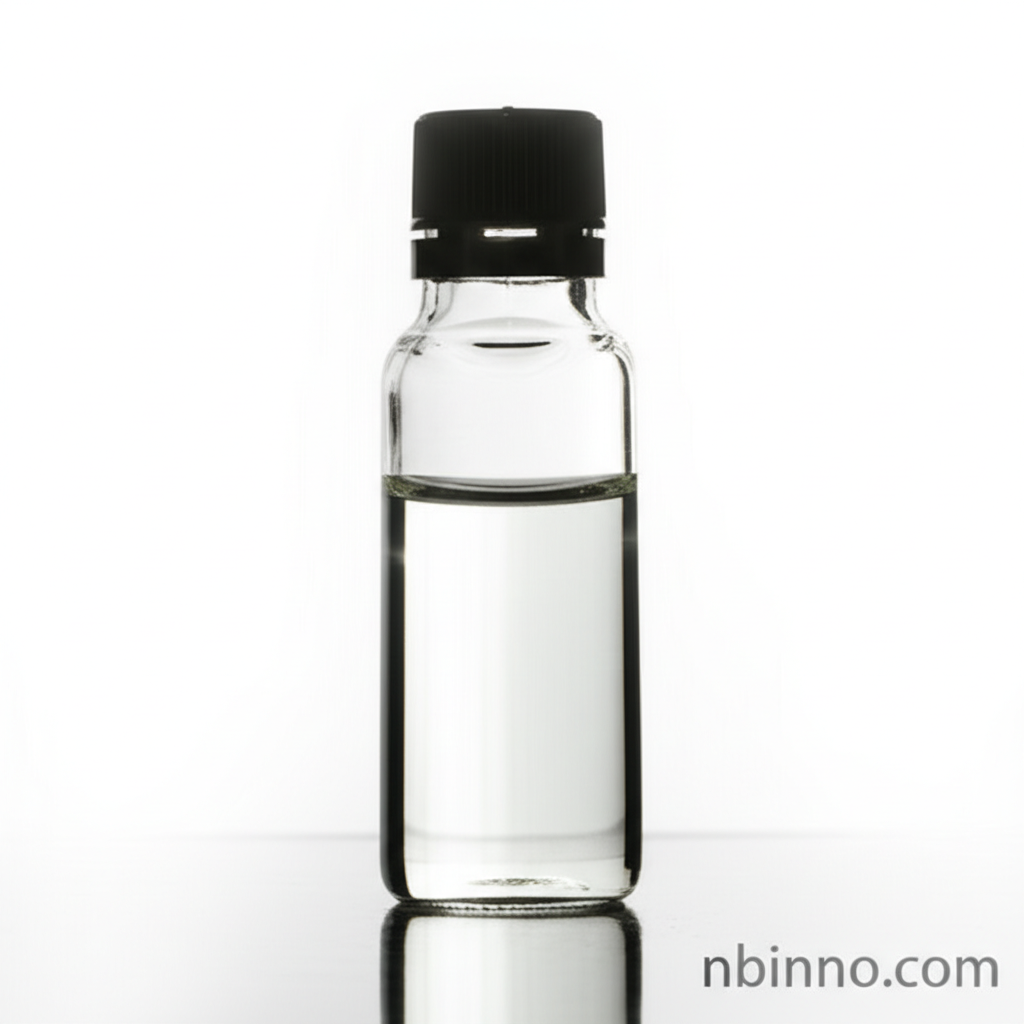Trimethyl Borate: A Versatile Chemical Intermediate for Organic Synthesis and Industrial Applications
Discover the multifaceted uses of Trimethyl Borate, from crucial organic synthesis reactions to industrial flame retardancy.
Get a Quote & SampleProduct Core Value

Trimethyl Borate
Trimethyl borate is a vital organoboron compound, playing a significant role in various chemical processes. Its versatility as a chemical intermediate makes it indispensable in numerous industrial sectors.
- Leverage trimethyl borate uses in organic synthesis for efficient reaction pathways.
- Explore trimethyl borate as a catalyst for enhanced chemical transformations.
- Utilize trimethyl borate for its effective flame retardant applications in various materials.
- Discover the benefits of trimethyl borate for wood preservation, extending material lifespan.
Key Advantages
Enhanced Organic Synthesis
Trimethyl borate serves as a critical reagent in organic synthesis, facilitating the creation of boronic acids used in Suzuki coupling reactions, thereby advancing complex molecular construction.
Industrial Fire Safety
The compound's excellent flame retardant properties make it a valuable additive for cotton and other materials, significantly improving fire safety standards in industrial and consumer products.
Material Preservation
Acting as a potent wood preservative, trimethyl borate helps protect cellulosic materials from degradation, ensuring durability and longevity for treated products.
Key Applications
Organic Synthesis
As a key intermediate, trimethyl borate is instrumental in reactions like Suzuki couplings, forming boronic acids essential for creating complex organic molecules.
Flame Retardancy
Incorporated into materials like cotton, trimethyl borate provides crucial flame retardant properties, enhancing safety in textiles and other flammable applications.
Wood Preservation
Its preservative qualities protect wood-based materials from decay and microbial attack, extending the service life of wood products.
Catalysis
Functioning as a weak Lewis acid, trimethyl borate acts as a catalyst in various chemical processes, promoting reaction efficiency and selectivity.
